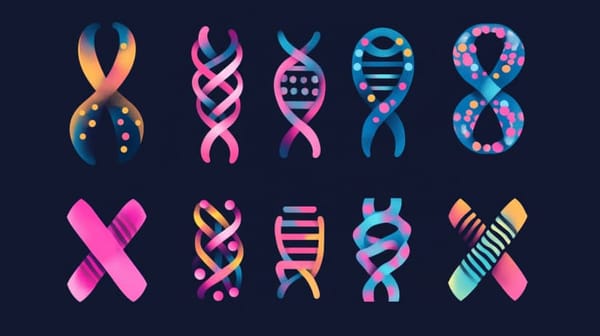Should you eat fiber or meat before a dry fast? Well depending on your diet you might be inclined to shout one or the other. But how about I say neither?
Without getting too dogmatic about foods, let's get my opinion out of the way. I believe that something like coconut kefir or milk kefir is the best pre-fast food. It’s also one of the best foods to refeed with. It’s much more filling and satisfying than vegetable broth. But vegetable broth is still my second-best option for both the refeed and the preparation before fasting. You can also choose to prep with a one-day water fast to slow down the digestive shutdown.
When you start a dry fast you can expect that your digestive system will be shutting down very quickly. The easiest way to look at it is that it shuts down 3x faster than on a water fast. Imagine the complex machinery just grinding to a halt. Because the dry fast dehydration markers are so intense on your digestive system, you may start to feel discomfort quickly. Sometimes even within the first 24 hours. Think about this. Fiber does not get digested fast enough by the human body. Most of it is pooped out. The fiber really mostly serves the bacteria in our colon and allows the production of short-chain fatty acids like butyrate.
So the fiber leaves the stomach quickly and moves on through the system. But if our digestive machinery is grinding to a halt, the fiber will not make it out of the digestive tract in time. Especially, if you had a lot of fiber in the last 24 hours before your fast. This will stagnate and can cause pains and discomfort that many mistakenly believe is liver or kidney pain. However, this is usually intestinal pain and bloat.
This is why preparatory foods are recommended even for shorter fasts. Things like kefir especially. Yes, it’s true that meat and animal-based foods are devoid of fiber. This means that the body is able to fully liquify them even if they stay in the digestive system longer. These foods take longer to digest, but they provide less bulk. It’s why strictly meat eaters poop less frequently and in smaller amounts. (Yes, TMI but anyone who has experienced the carnivore diet knows how easy maintenance the poops become - unless you’ve got bile issues ;) Still, animal fats and proteins are much longer chained and require more time to digest. They don’t stimulate peristalsis the same way fiber does.
What does this mean? Well, it means that what you eat has a big impact on how fast your digestive system moves it through. If you mix animal food with vegetables for example, you might speed up your bowel movements which means you don’t get to extract the full nutrient and macro benefit of the animal food. When it comes to digestive disorders though, things can get pretty complicated. Hopefully, this information helps you navigate it and make informed choices that allow you to experiment more effectively.
So why shouldn’t you eat meat for a few days before the fast?
Other than the digestive transit time, it would seem that meat might actually be better for your digestive discomfort during a fast because it can fully break down in the digestive system. The only problem is that it requires quite a bit of bile. So we get stuck with two problems. One, the elongated digestive time means that the body is not able to enter the resting fasted state that we want fully. Two, by sitting in the digestive system, the animal proteins and fats signal to our liver to keep producing bile. Bile reabsorption is suppressed on a fast (see here), so this bile goes straight to the colon and is not reabsorbed causing another stress on the body. The body now is bile deficient and will have a harder time during the refeed. There are also possible complications on a fast or blunting of the benefits when digestion is not effectively shut off.

Why shouldn’t you eat fiber right before the fast?
Well you can, and most of the recommended foods before fasting do contain fiber. But it's the carbs we really want if we're looking for the most digestible foods. Those get absorbed very quickly. But the benefit of fiber is that it will go through the system pretty quickly as long as you give it some time before you hit dehydration. That's why in an ideal world you will have fiber but still help push it along the way. Maybe one day of water fasting to slow down the digestive shutdown like I mentioned earlier.
This is why no matter what diet, you are recommended to do a laxative cleanse as well as an enema right before the fast. This helps get this fiber out of your digestive tract so it doesn’t stall and bloat you.






